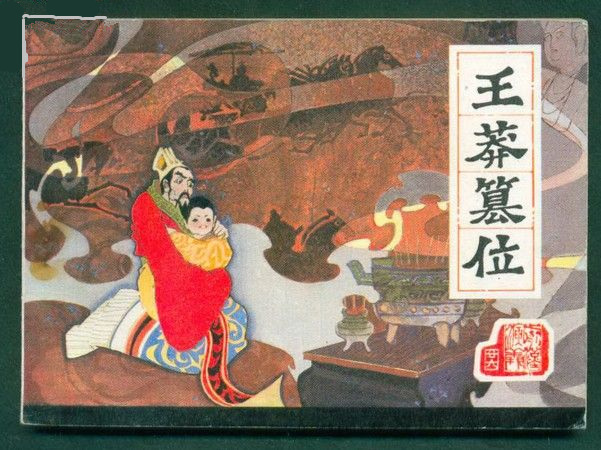(单词翻译:单击)
Decline of Western Han Dynasty
西汉的衰落
Emperor Wudi's expansionist policies strengthened the empire, nevertheless they drained the imperial treasury.
汉武帝扩张主义的政策在使帝国变得更加强大的同时却耗尽了国库。
This resulted in sharp increases in taxes and tight control over the economy.
这使得税收大幅上涨,经济被严格控制。
In the long term, this had the effect of undermining the dynastic influence.
长此以往,王朝的统治被削弱了。
When Emperors Zhaodi and Xuandi were in power, potential social crises began to surface despite economic growth.
汉昭帝与汉宣帝执政时,尽管经济上涨,潜藏的社会危机开始浮现。
During the last decades of the Western Han Dynasty, a series of child emperors occupied the throne.
在西汉的最后一个十年,一连串幼年天子占领了皇位。
These necessitated regencies and power fell into the hands of eunuchs and empresses’ relatives.
这使得摄者王成为必须,大权落入太监和皇后外戚手中。
This led to corruption and greater class division resulting in frequent peasant uprisings.
这导致了腐败与更大的阶级差异,农民起义频繁爆发。
Ultimately, the Western Han Dynasty fell after the infant Emperor Ruzi Ying succeeded to the throne.
最后,汉朝在幼子孺子婴继承皇位后灭亡了。
In 8 AD Wang Mang, one of the empress’s relatives, deposed Ruzi Ying and proclaimed himself emperor of the Xin Dynasty (8----25 A.D.).
公元8世纪,王莽——皇后的亲戚之一,废黜了孺子婴并称自己是新朝(公元8世纪至25世纪)的皇帝。

Although condemned as a usurper, Wang Mang was a learned Confucian scholar.
尽管王莽被谴责是一个篡权夺位之人,他却是一个博学的儒家学者。
He wished to retrieve the glory of Han by adopting policies described in the Confucian classics.
他想要通过采用儒家典籍中所描绘的政策来重获汉朝时的光辉。
He renamed offices, outlawed slavery, limited land holdings and monopolized both industry and commerce.
他为政府机构重新命名、取消奴隶法、禁止土地所有制并垄断了工业和商业。
He also reduced court expenses.
他还减少了朝廷的支出。
However, Wang Mang’s unpopularity due to the issue of new coins, nationalization of gold reserves and frequent declarations of war finally led to more serious social turmoil.
但是,由于王莽发行新货币、黄金储备国有化以及不时的宣战而引起的民心不足造成了更严重的社会骚动。
In 17 A.D, a nationwide rebellion broke out.Six years later, in 23 AD Wong Mang was killed by rebels.
公元17年,一场全国范围内的叛乱爆发了。六年后,也就是公元23年,王莽被反叛者杀死。
Very soon after, Liu Xiu, a member of the Han imperial family, reestablished Han supremacy through what has become known as the Eastern Han Dynasty (25----220 A.D.).
不久之后,大汉皇室的一员——刘秀,重新建立了汉朝政权,也就是我们所知道的东汉(公元25年至220年)。


